A significant challenge for many sales role-play programs is the lack of tangible performance data. This absence of visibility makes it difficult for managers to effectively ensure rep accountability, proactively identify skill deficiencies, and, crucially, demonstrate the return on investment of their training initiatives. Without data, it’s a struggle to move beyond anecdotal feedback and truly understand the impact of practice.
However, by leveraging platforms like Copient.ai, organizations can unlock a wealth of performance data directly from role-play activities. This provides sales leaders with a new level of clarity, enabling them to:
- Track engagement and completion rates: Gaining insights into participation levels across individuals, teams, and roles.
- Visualize skill proficiency: Understanding strengths and weaknesses across key sales competencies like objection handling and closing.
- Identify coaching trends and top performers: Pinpointing common development areas and recognizing those who are excelling.
- Measure progress over time: Tracking changes in performance metrics to demonstrate the impact of training efforts.
According to Josh Bersin’s research, organizations that align learning and feedback within the flow of work are more likely to outperform peers in revenue growth and employee performance. Role-play platforms with built-in analytics help sales teams operate with this kind of agility.
This rich data empowers sales leaders to move beyond guesswork and make more informed decisions that directly impact sales performance. For example, they can identify specific reps who require additional coaching in particular skill areas, evaluate the effectiveness of different role-play scenarios, and even analyze the correlation between role-play performance and key business outcomes like conversion rates and deal size.
Ultimately, when practice is tracked and performance is visible, it fosters a culture of continuous improvement and accountability. Reps are more likely to actively engage when their efforts are recognized, and managers are equipped with the objective insights needed to provide more impactful coaching.
Jim Collins describes great companies in Good to Great as those that “confront the brutal facts” while never losing faith in their ability to win. Data from AI-powered role-play platforms provides those facts—empowering leaders to make decisions rooted in reality, not gut instinct.
By embracing data-driven role-play, organizations can transform their training initiatives from a cost center to a strategic driver of improved sales performance and tangible ROI.






.png)
.png)
.png)
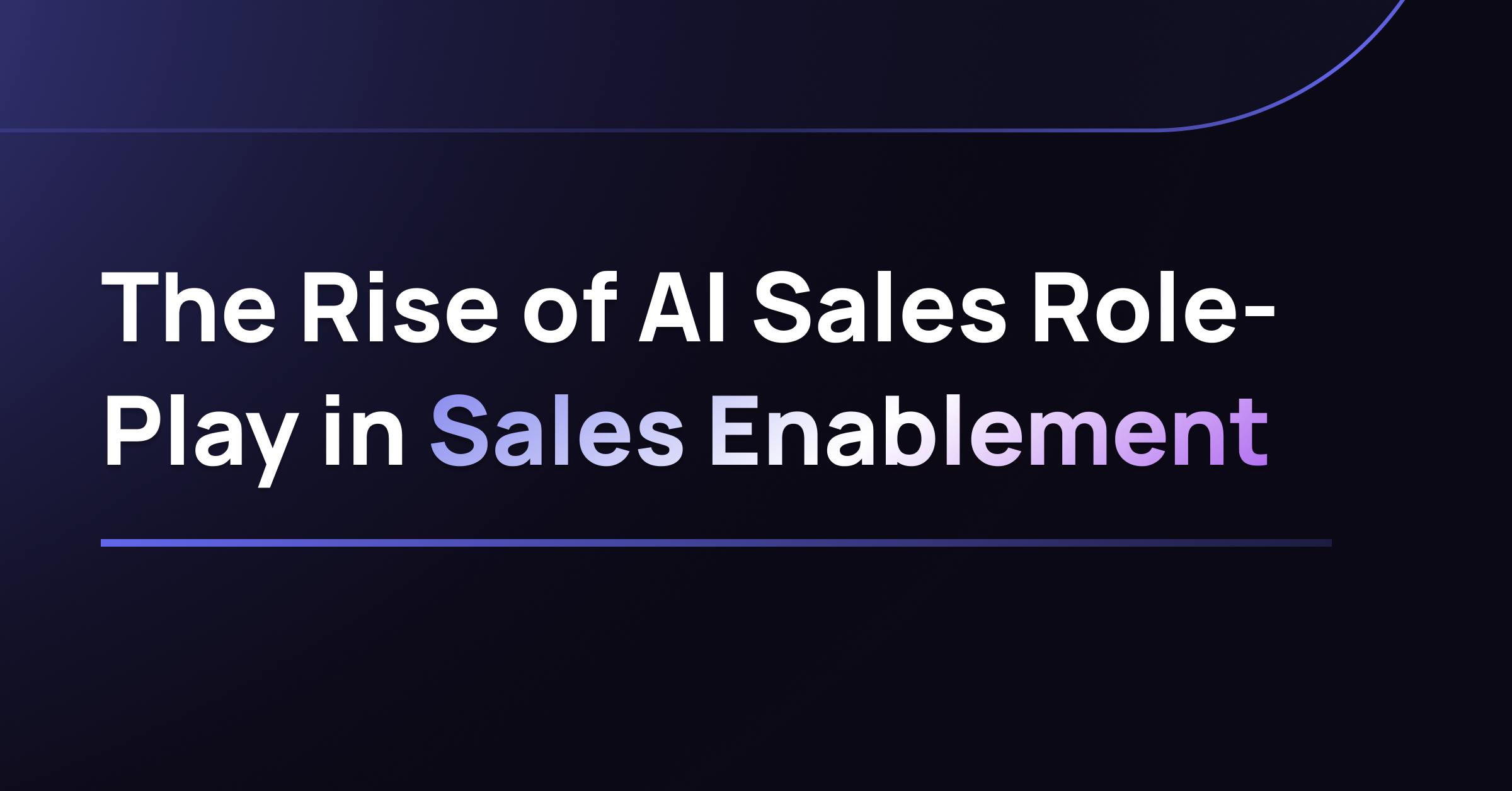
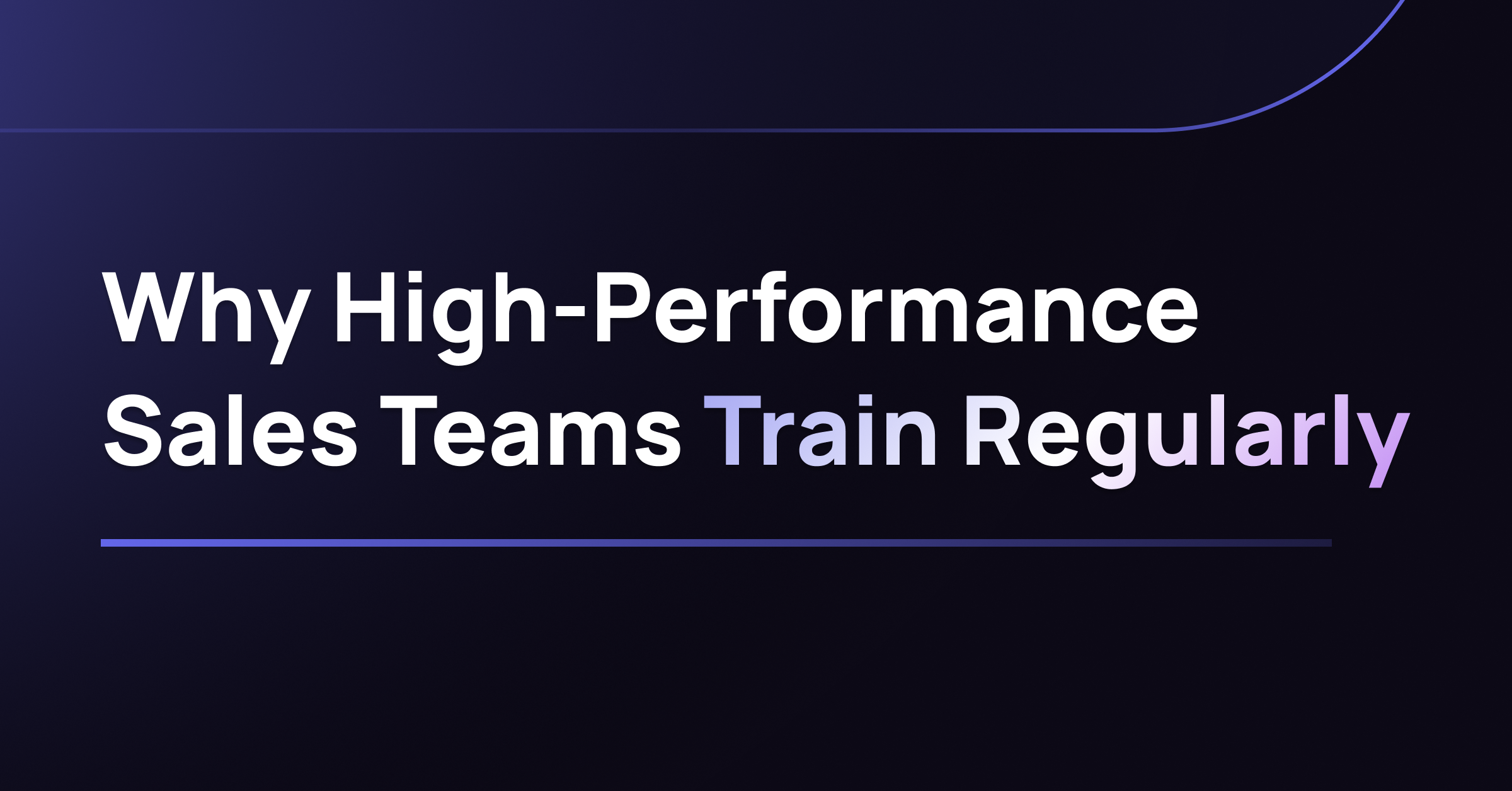
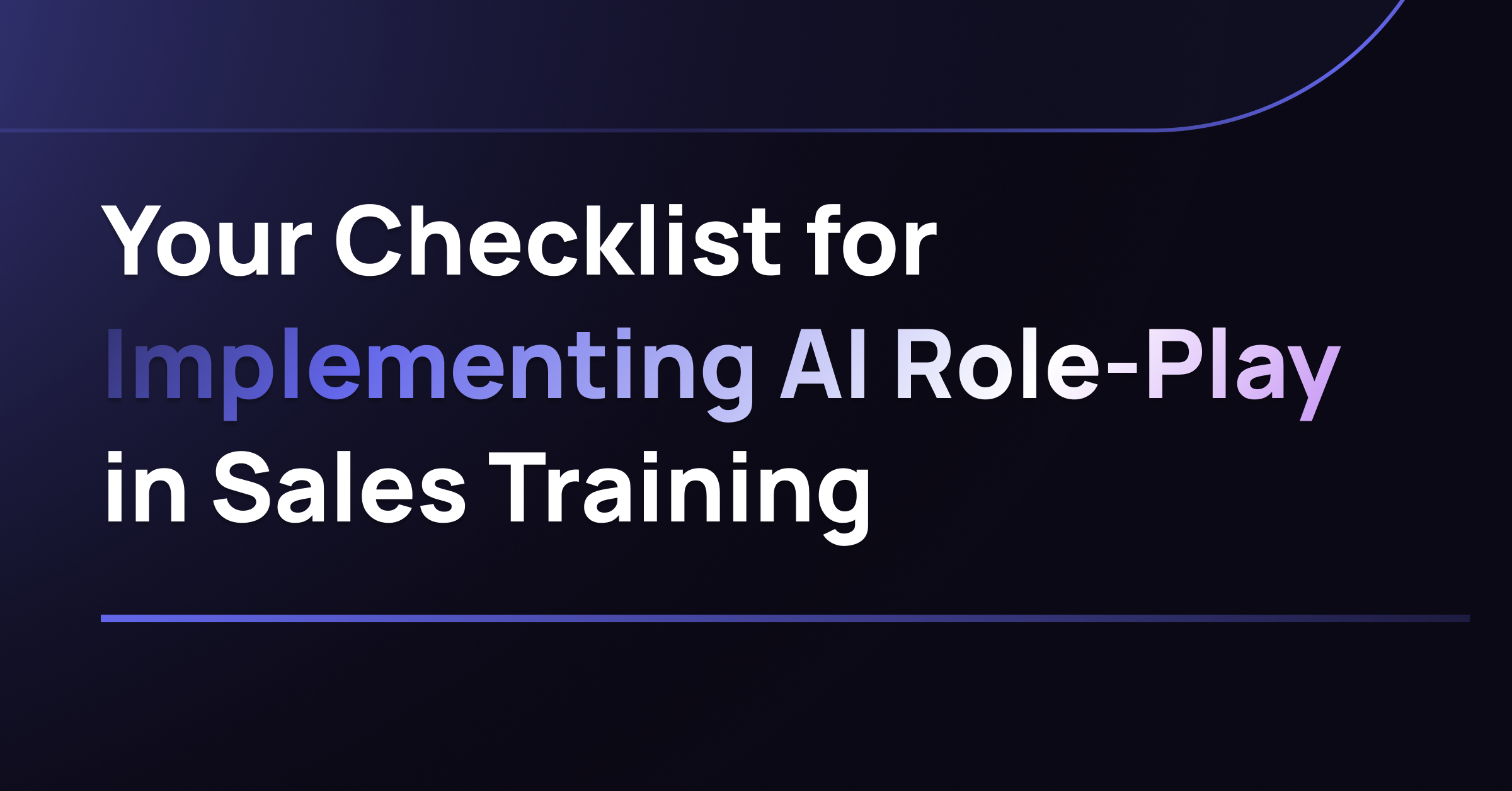
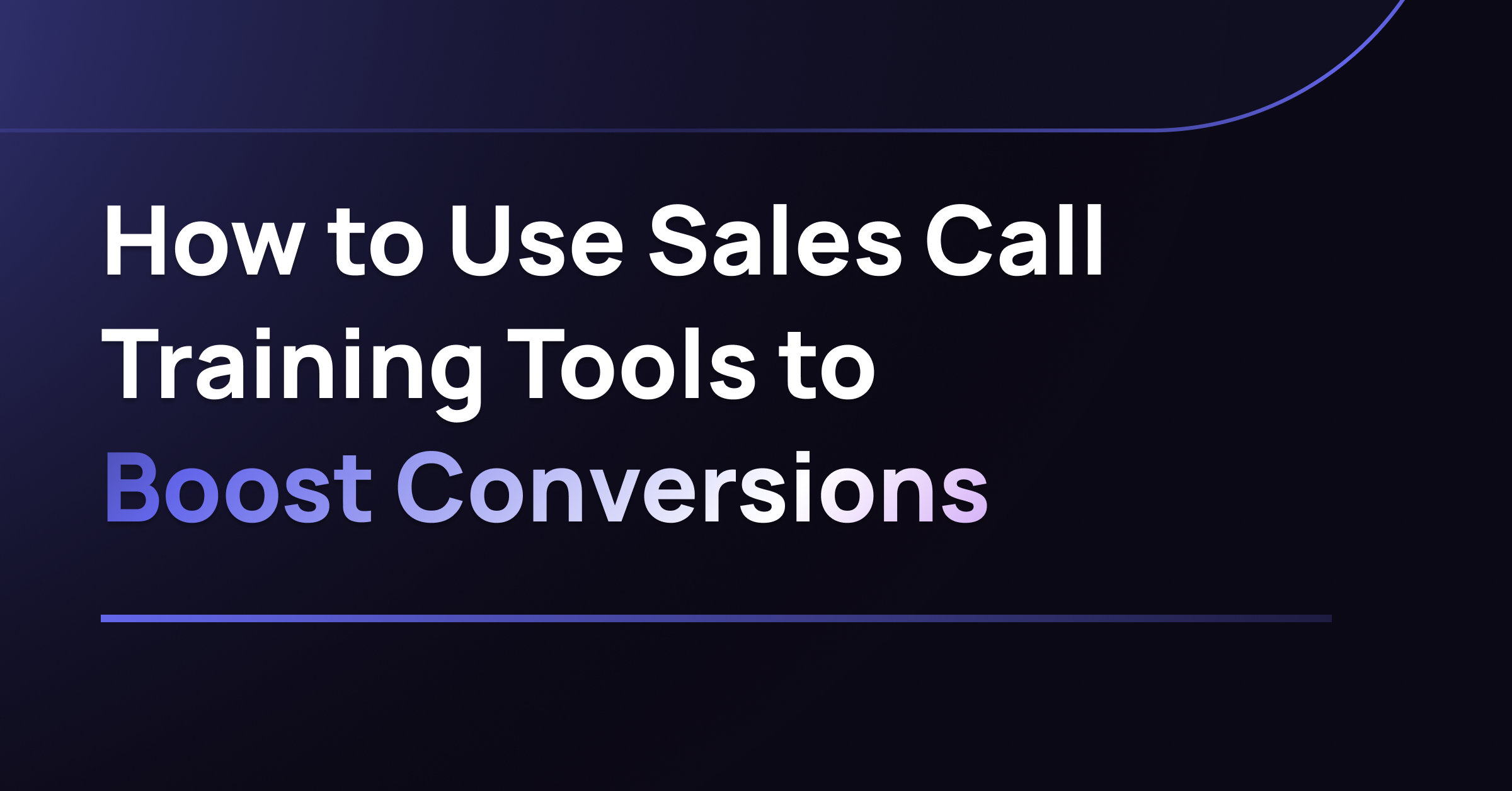
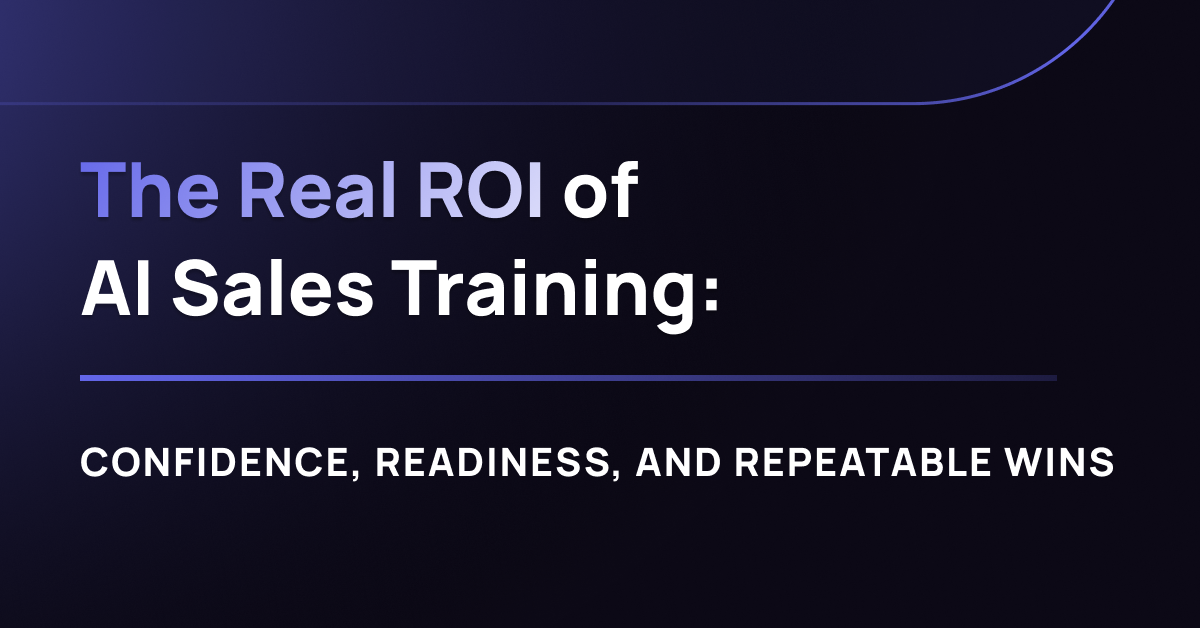
.png)





.png)



.avif)